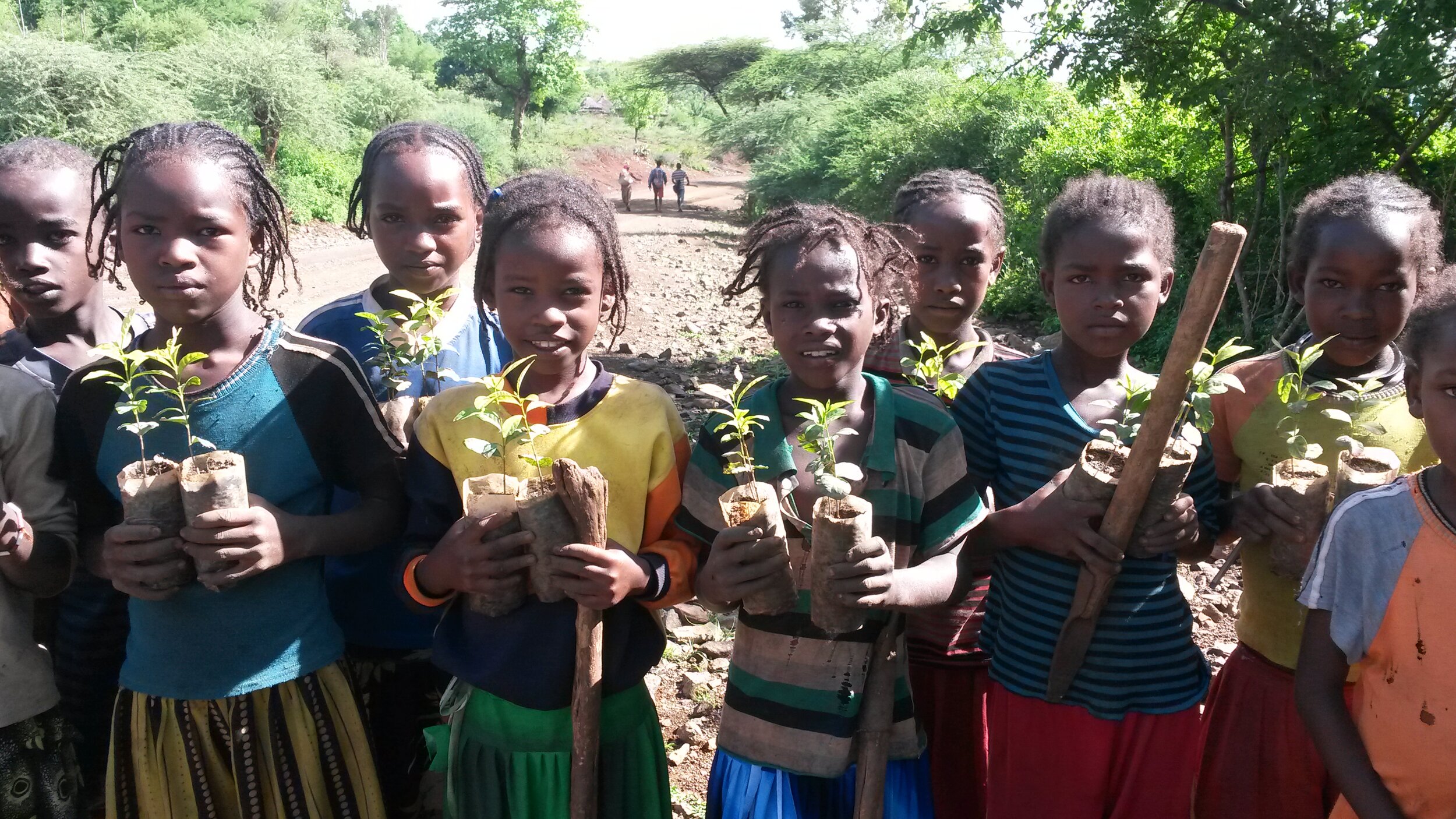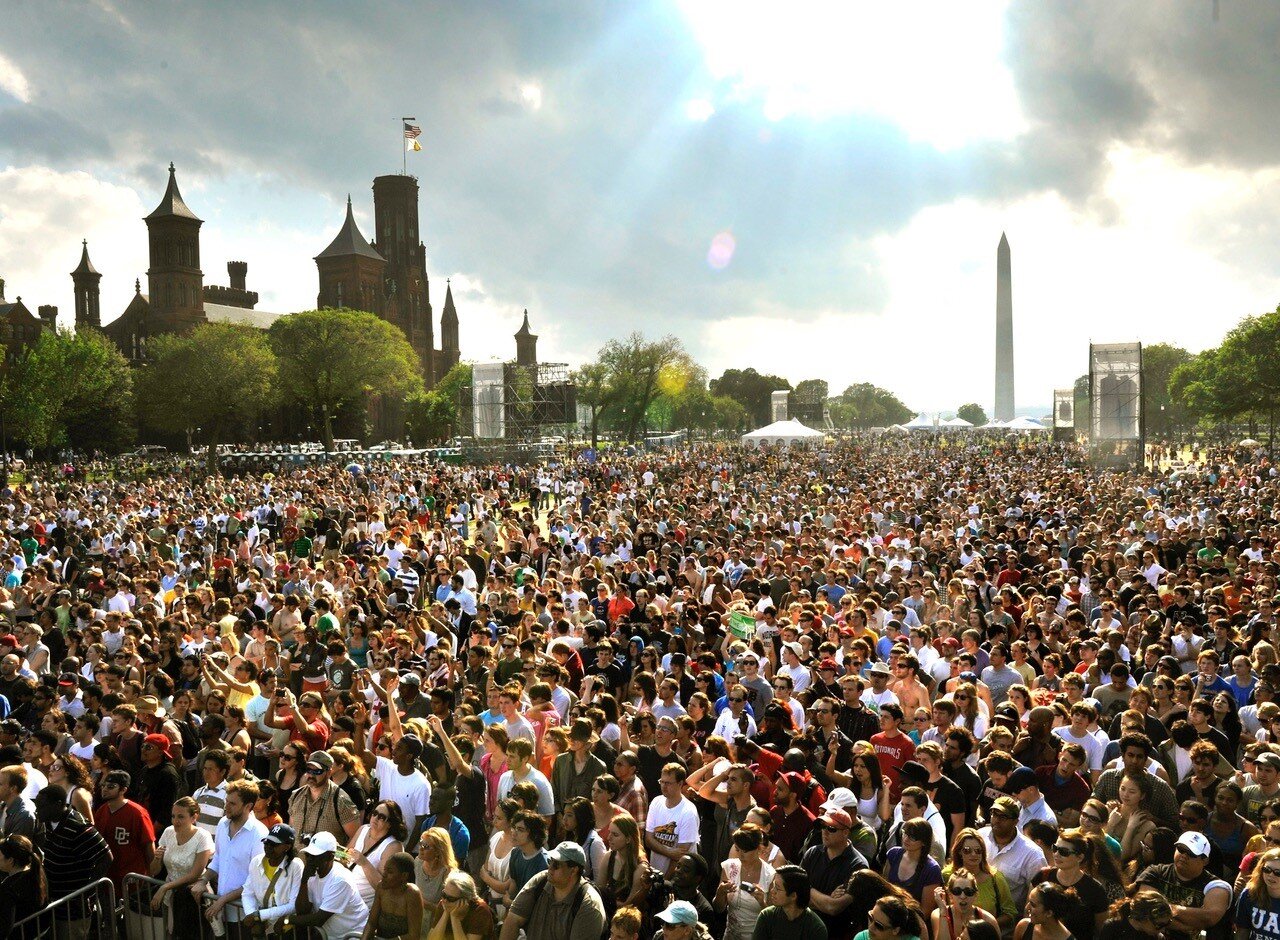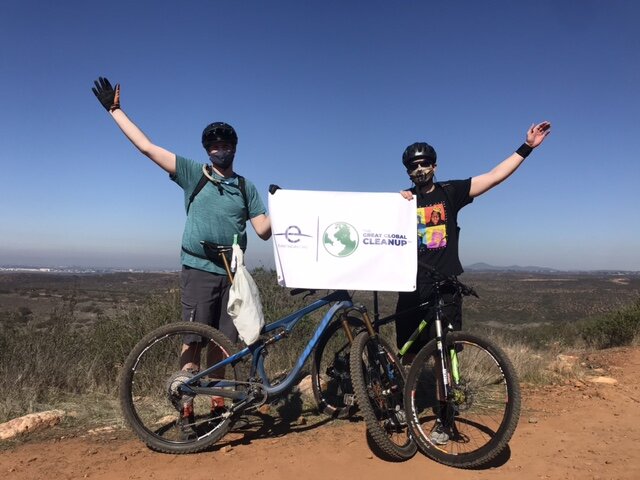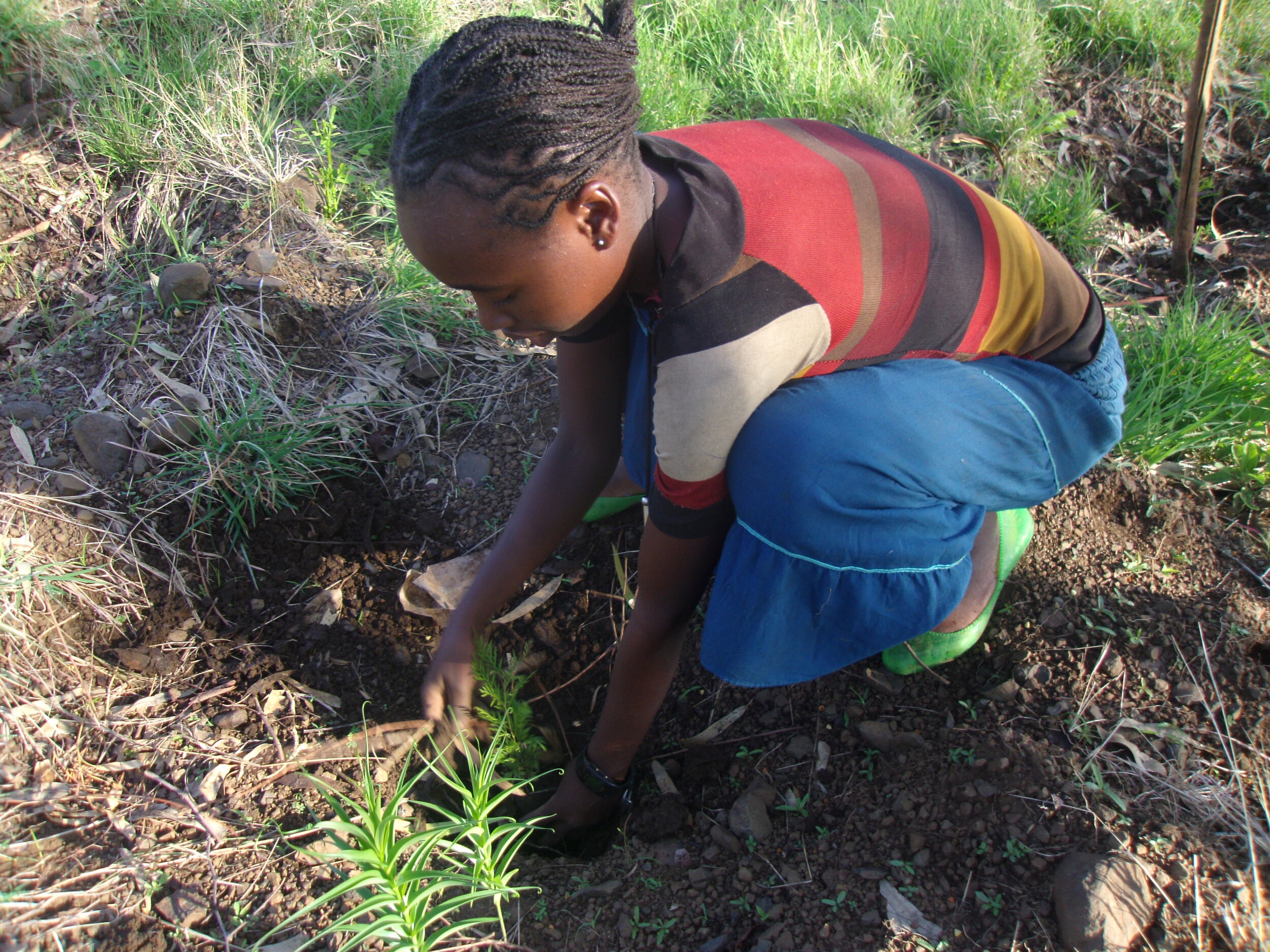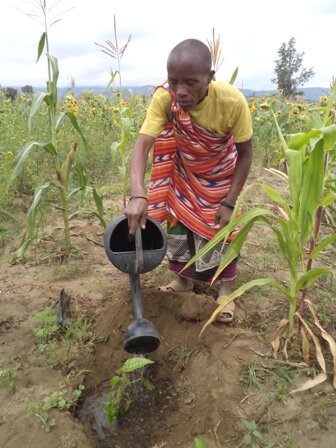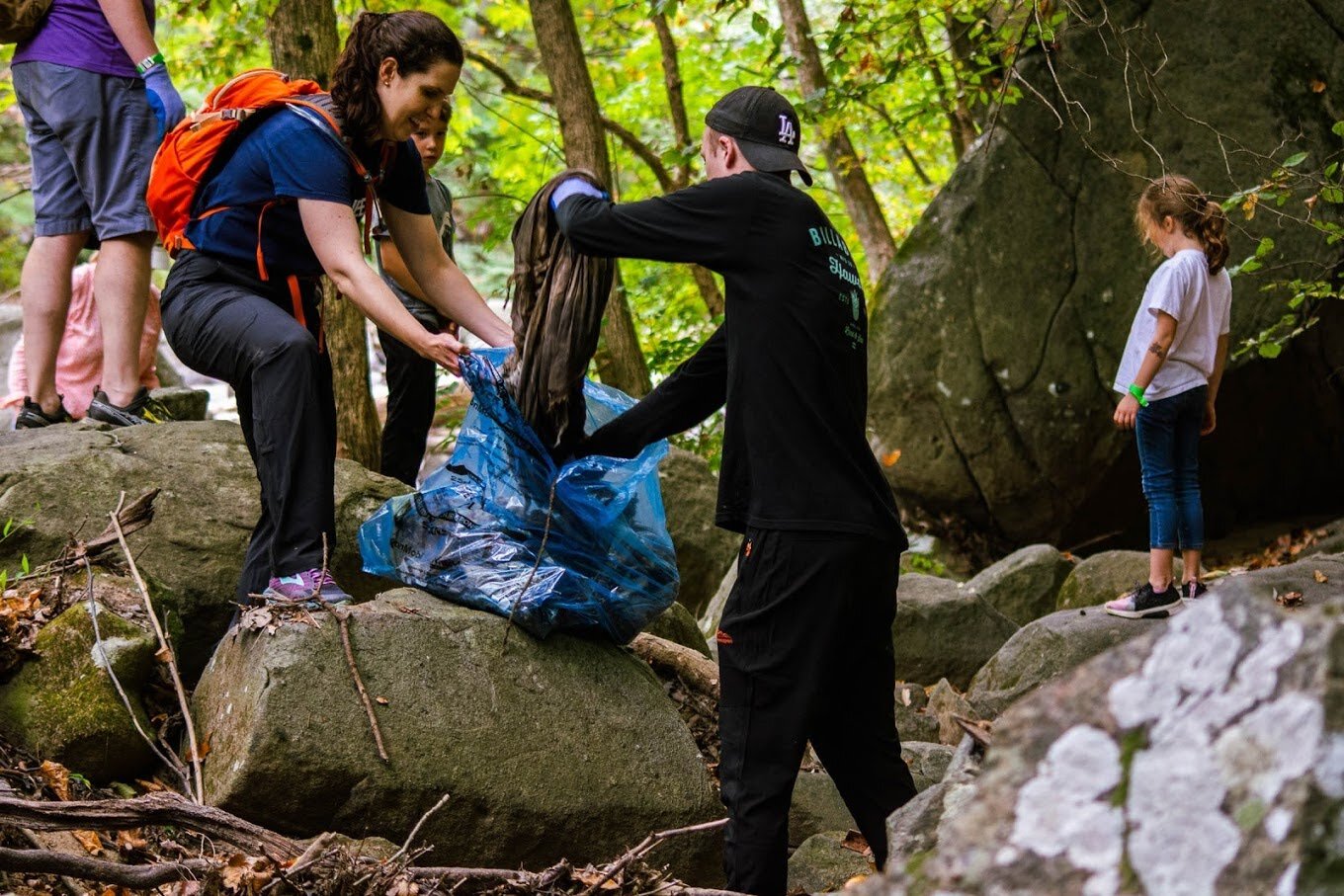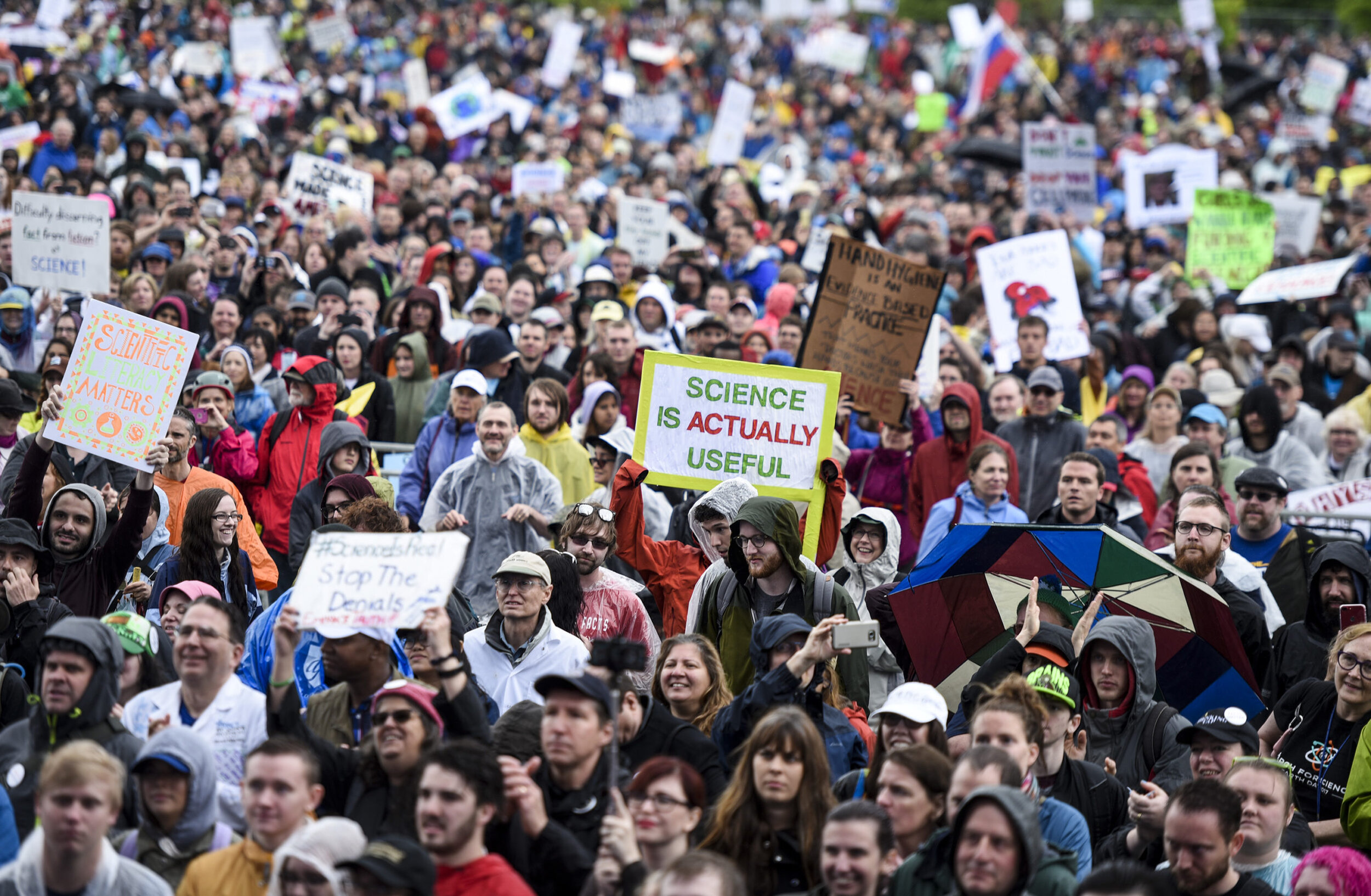How can we better educate young people about their future & the planet? How can we address eco-anxiety while providing students with climate optimism, hope, and solutions?
Bryce Coon is the Director of Education at EarthDay.ORG, a nonprofit that champions climate education for all students and is the global driving force behind Earth Day. Previously, Coon was a high school teacher for 11 years in Montgomery County, teaching economics and leading a variety of projects for students, such as a school-wide tutoring program. Throughout his teaching career, Bryce participated in international fellowships where he studied climate education and policy in Asia, Europe, and Oceania.
BRYCE COON
If you talk to a young person about the climate crisis, they tend to have one of two responses. They either feel like we're not doing enough, and they're advocating for more, and they're asking for their teachers to talk more about the climate crisis and why aren't we doing anything? The other response, and I saw this more commonly, is that students would just shut down, and they wouldn't want to talk about it. Or they would feel like there was nothing we can do. You know, the conversation used to be that if we don't do something soon, it'll be too late. And a lot of young people have the mindset now that it is too late. So let's not worry about it. Let's not talk about it. Both of those responses, I believe, are rooted in climate anxiety. So it's the same cause. It's just two different responses to it. And I believe that introducing climate education is key to addressing that climate anxiety and providing students with climate optimism, hope, solutions.
The History of Earth Day
The history of Earth Day is pretty remarkable. The net result is 20 million people came out on the streets. It remains the largest civic day of action in human history. There’s no other country, no other world that ever had 20 million people coming out on the streets around a single issue. That was on April 22, 1970, and right after that, it became apparent with that many people that Congress and State legislators had to do something about it because, frankly, they were afraid of that many people all speaking in one voice.
The philosophy of Earth Day is very much about building a big movement, making sure it’s diverse, constantly improving the ways that people access information, and have access to mechanisms for legal relief.
Over the course of the next couple of decades it became year-round, it went international. This organization now works 365 days a year. At this point, we’re in 192 countries with about a billion people participating, so we take advantage of that bully pulpit to really educate people about critical issues.
-KATHLEEN ROGERS
President of EarthDay.ORG
Photos courtesy of EARTHDAY.ORG
To learn more about EARTHDAY.ORG and get involved in initiatives visit:
Campaign for Climate Literacy
Planet vs. Plastics
Sign The Global Plastic Treaty Petition
Earth Day Toolkits
NDC Guide for Climate Education




